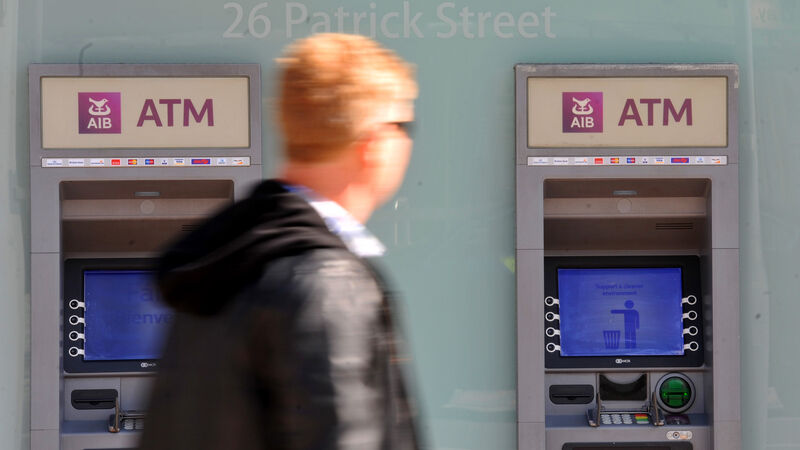Irish consumers losing trust in banks due to lack of in-person services, study finds

Irish consumers are losing trust in their banks due to the replacement of in-person branch interactions with digital services, according to a new study. File picture: Larry Cummins
Irish consumers are losing trust in their banks due to the replacement of in-person branch interactions with digital services, according to a new study.
Without a strong emotional connection with their bank, customers are more likely to view banking services as a commodity.










